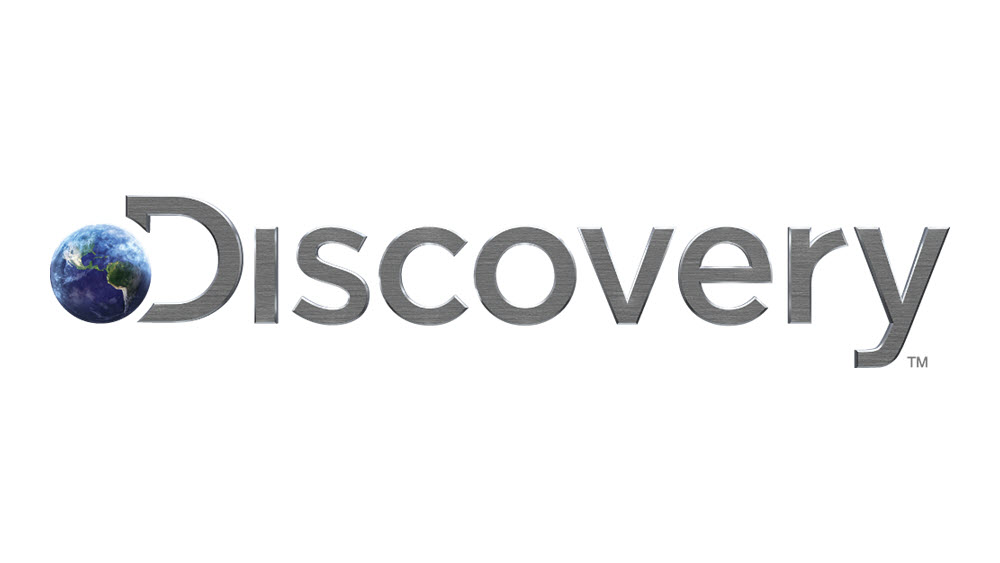Earnings Preview: Discovery’s Turn to Talk About Streaming

The smarter way to stay on top of broadcasting and cable industry. Sign up below
You are now subscribed
Your newsletter sign-up was successful
It could be Discovery’s turn to talk streaming strategy when the company reports its third-quarter earnings on Thursday.
Since its acquisition of Scripps Networks Interactive last year, Discovery has boasted about the large share of cable viewers--particularly women--its 19 networks attract.
But increasingly, the cable pie is shrinking as cable operators and satellite distributors lose subscribers to cord-cutting. That’s hurt cable channels more than than broadcast networks and threatens to cut into both their distribution revenue as well as their ratings and ad sales.
Based on third-quarter reports, cord cutting is intensifying from a concern to an existential threat.
The idea that a $7 billion business in the U.S.built on a foundation of 80 million pay TV subscribers is facing a drop to perhaps 50 million subs in the foreseeable future is something that must be getting discussed at the board level.
Other media companies have placed their bets.
The Walt Disney Co. was first to act when it started losing millions of ESPN at $7 a pop per month. It is turning its company inside out and investing billions to build a direct-to-consumer streaming business by owning Hulu, starting up ESPN+ and, next week, launching Disney+.
The smarter way to stay on top of broadcasting and cable industry. Sign up below
AT&T acquired Time Warner last year. With its DirecTV unit bleeding customers, its strategy is to convert subscribers from Time Warner’s crown jewel HBO to HBO Max, the streaming service it will launch last year (which will cost subscribers the same as they’re paying now for HBO).
Comcast and its NBCUniversal unit are also embracing steaming. Comcast Cable will be offering its X1 interface and Flex streaming service to all of its broadband-only subs, while NBCU gets reach to launch Peacock, its streaming service next year. Recent reports say that Peacock, originally envisioned as being available only to pay-TV subs, will be made free to all.
CBS was early in the streaming game with its CBS All Access and Showtime over-the-top offerings and Viacom owns Pluto TV, a free streaming service. The two companies are combining in part to have the scale needed to compete in the coming streaming era.
That leaves Discovery. On recent earnings calls, Discovery CEO David Zaslav has complained that network owners with sports rights get an outsized share of domestic distribution dollars. One solution, he said, is for a non-sports bundle to gain popularity. But that might take too long.
At this point, Discovery would seem to have three strategic options.
One is to launch a serious streaming service alongside its cable business. The streaming service would rely on a huge library of evergreen, re-runnable shows in non-fiction genres it dominates, such natural history, food, home, travel, crime and investigation. Discovery has been holding back its programming from Netflix and other streamers, so those assets are available to launch a service.
Internationally, Discovery is over-the-top with its Eurosport app and Dplay, now in 10 markets. Domestically, Discovery is benefiting from added viewership and incremental ad revenue from streaming Go apps for its networks which are authenticated, which means you have to be a pay-TV subscriber to watch. It’s also launching direct-to-consumer businesses with e-commerce components.
The second option is to sell its programming to the highest bidder among the companies that are competing in the streaming arena. If a franchise like South Park can bring Viacom $500 million, how much is a Deadliest Catch or Property Brothers worth?
The third option is to sell the company, the option already chosen by Time Warner’s Jeff Bewkes and Fox’s Rupert Murdoch.
“I think everything is on the table," Zaslav said in an interview with CNBC last month. “We're talking to each of the major players about . . whether we want to provide more or some content to them. For now we've decided not to. We think we can go individually with food and home and Oprah and Chip and Joanna [Gaines] and crime. Or we could aggregate here in the U.S. and we'll look over the next year and determine what we want to do.”
Tune in Thursday to see if Zaslav indicates what direction Discovery will pick.
Meanwhile, for the third quarter, the Wall Street consensus is for earnings of 82 cents a share and revenues of $2.68 billion. Ad revenues are expected to be up between 3% and 5% in the face of declining ratings, while affiliate growth is forecast to be 5%.
Jon has been business editor of Broadcasting+Cable since 2010. He focuses on revenue-generating activities, including advertising and distribution, as well as executive intrigue and merger and acquisition activity. Just about any story is fair game, if a dollar sign can make its way into the article. Before B+C, Jon covered the industry for TVWeek, Cable World, Electronic Media, Advertising Age and The New York Post. A native New Yorker, Jon is hiding in plain sight in the suburbs of Chicago.

